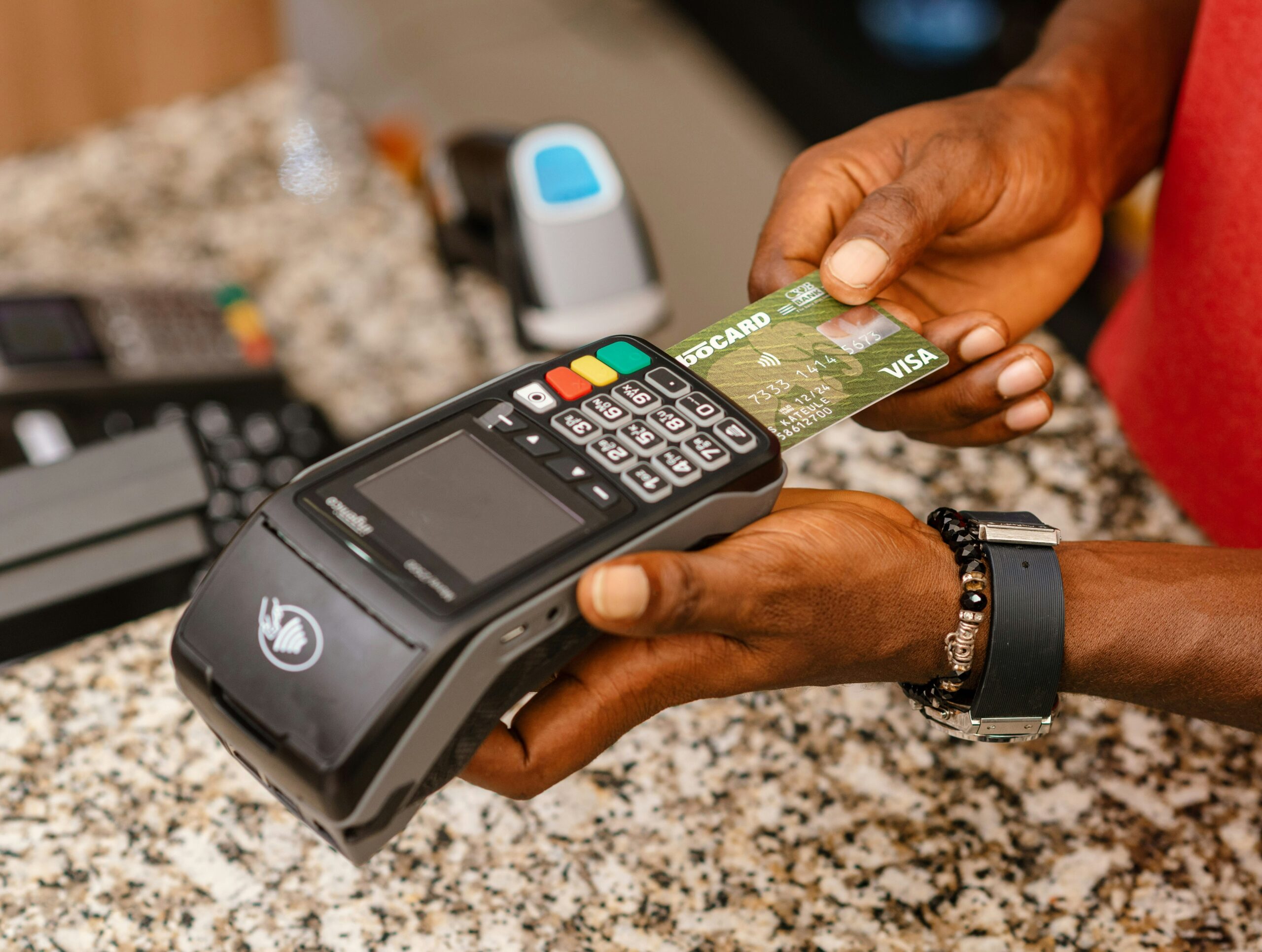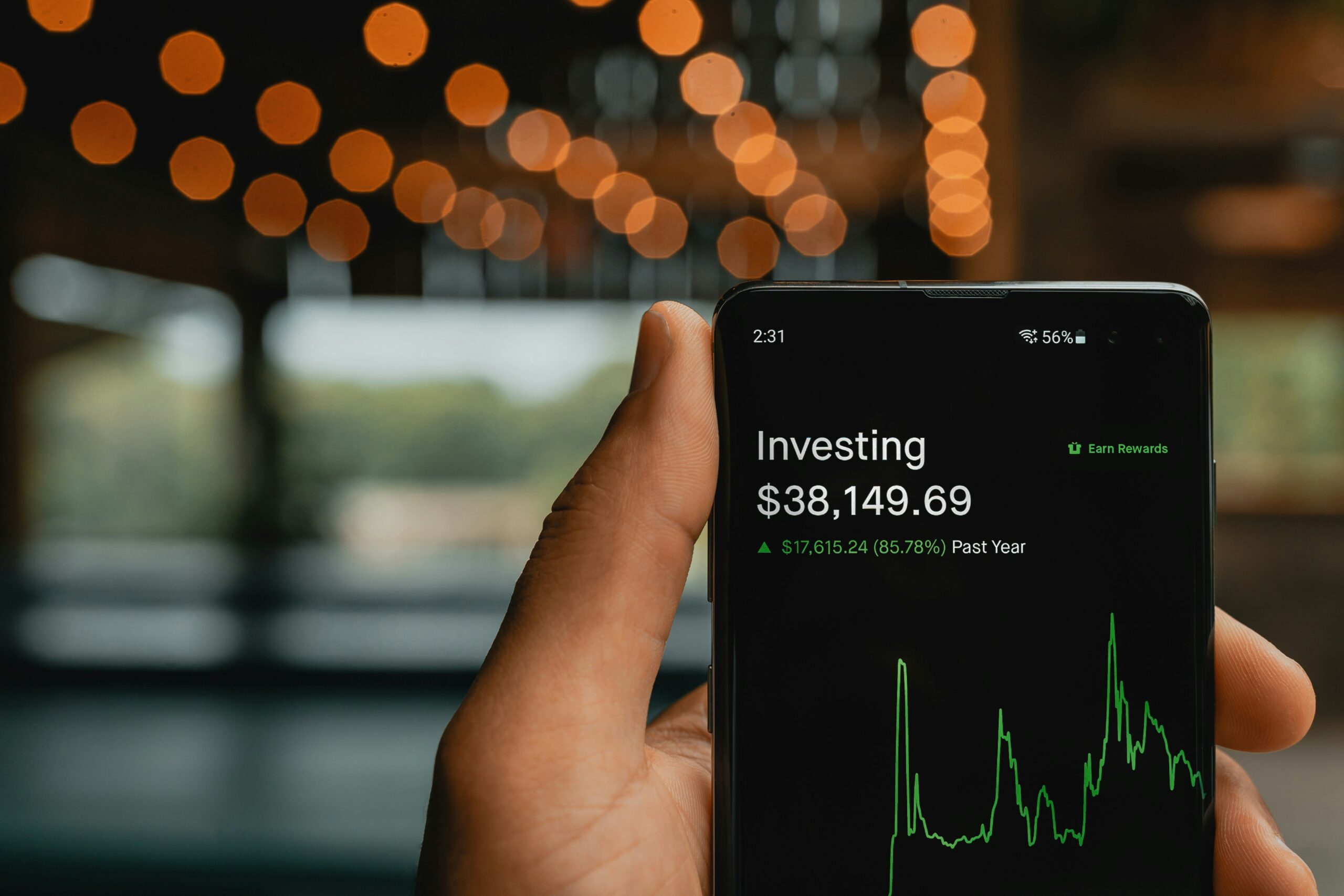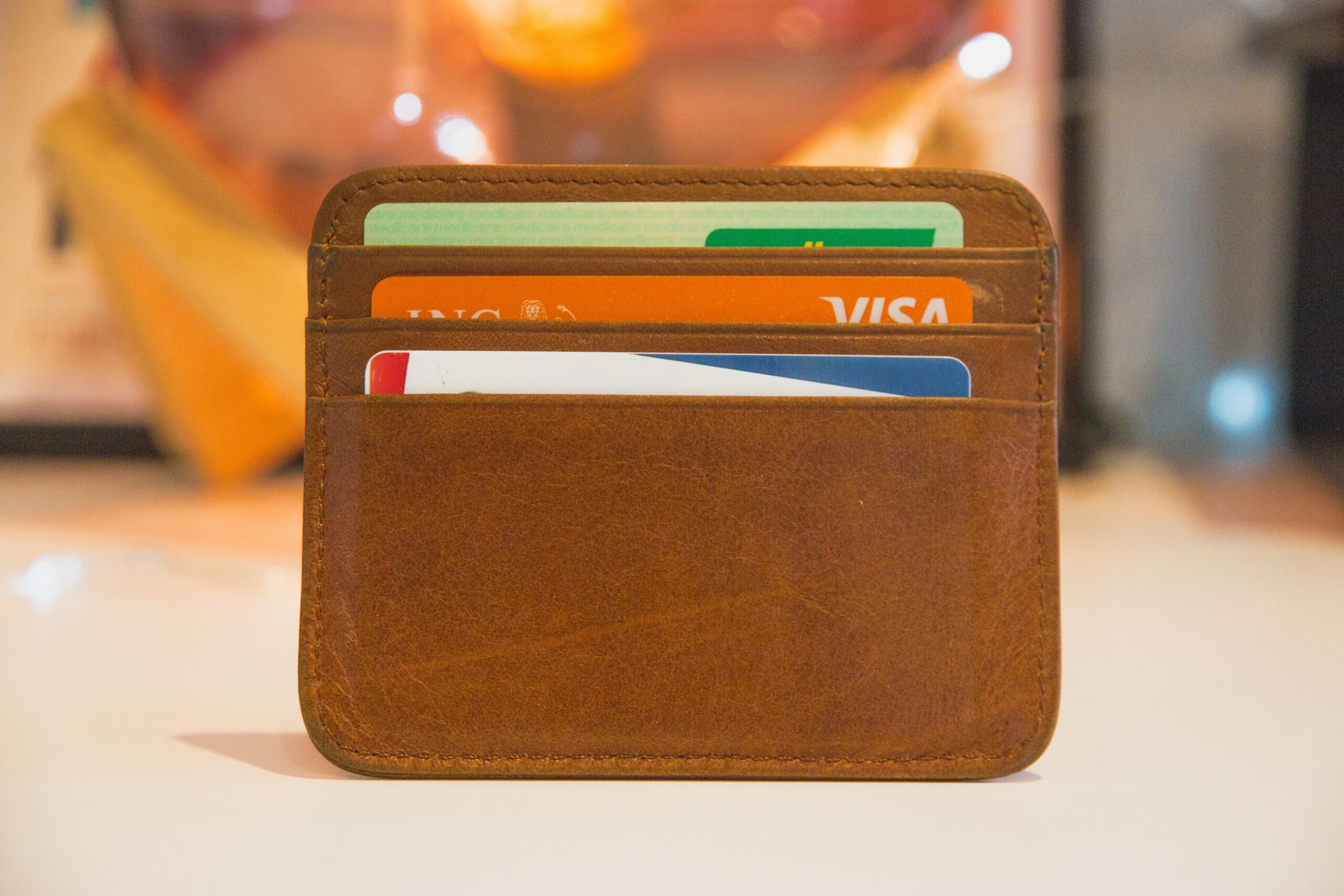How to stop living paycheck to paycheck is a question many Americans are asking as rising costs make it harder to build savings or gain financial security. Breaking this cycle requires a mindset shift, practical strategies, and consistent effort—but it is entirely possible. With the right approach, you can create space between paydays and regain control over your money.
Understand where your money is going
The first step is to track your income and expenses. Many people living paycheck to paycheck don’t have a clear view of how their money is spent. Use a budgeting app, spreadsheet, or notebook to log every expense for at least a month. Categorize your spending to identify patterns, leaks, or unnecessary habits draining your cash flow.
This awareness is essential. If you don’t know where your money is going, you can’t redirect it toward your priorities.
Build a realistic budget that works
Creating a sustainable budget is key to breaking the cycle. Avoid overly strict budgets that fail in real life. Instead, use a method like the 50/30/20 rule to divide your income into needs, wants, and savings. Or, if you need more control, try zero-based budgeting—where every dollar is assigned a job.
Budgeting helps you plan ahead instead of reacting to bills. Make sure to include:
- Fixed costs (rent, utilities, loan payments)
- Variable expenses (groceries, gas)
- Savings and debt payments
Review and adjust monthly to stay aligned with your goals.
Read more: How to Create a Personal Budget That Actually Works
Prioritize an emergency fund
Without savings, any unexpected expense—like car repairs or medical bills—can derail your finances. Start with a small emergency fund of $500 to $1,000. This buffer protects you from relying on credit cards or payday loans when life happens.
Once you’ve built that initial cushion, aim to grow it to cover 1 to 3 months of essential expenses. Set up automatic transfers to a separate savings account so it grows without extra effort.
Cut unnecessary spending
Reducing expenses doesn’t mean sacrificing everything you enjoy. It means being intentional. Identify recurring charges you can cancel, such as unused subscriptions or overpriced cell phone plans. Opt for more cost-effective alternatives like cooking at home, buying generic brands, or using public transportation when possible.
Every dollar saved is a dollar that moves you closer to financial stability. Focus on cutting low-value expenses, not what brings you joy or fulfillment.
Increase your income if possible
Cutting costs has limits—but increasing income expands your financial margin. Consider side gigs, freelance work, part-time jobs, or monetizing a skill. Even a few hundred extra dollars a month can help you pay off debt faster or build savings.
Ask for a raise if you’ve gained new responsibilities or exceeded performance goals. Explore career advancement or training programs that boost your earning potential in the long term.
Pay down high-interest debt
Debt payments can consume a significant portion of your income. Focus on paying down high-interest debt—especially credit cards—as quickly as possible. Use either the avalanche method (highest interest first) or the snowball method (smallest balance first) depending on your motivation style.
As you reduce your debt burden, you’ll free up more cash each month, giving you breathing room and improving your financial health.
How to Manage and Pay Off High-Interest Debt
Break the cycle with better habits
Living paycheck to paycheck is often tied to financial habits, not just income. Set short-term goals like saving $100 this month, cooking five meals a week, or using cash instead of credit for discretionary purchases. These small wins create momentum and reinforce the belief that change is possible.
Avoid lifestyle inflation when your income increases. Instead of upgrading your car or apartment, use the extra funds to build a more stable foundation.
Conclusion
Learning how to stop living paycheck to paycheck for good is a journey that requires discipline, awareness, and intention. By tracking your spending, budgeting wisely, building an emergency fund, and reducing debt, you can take meaningful steps toward lasting financial independence. It won’t happen overnight, but with persistence and focus, you can break free from the cycle and build a life of stability and confidence.











